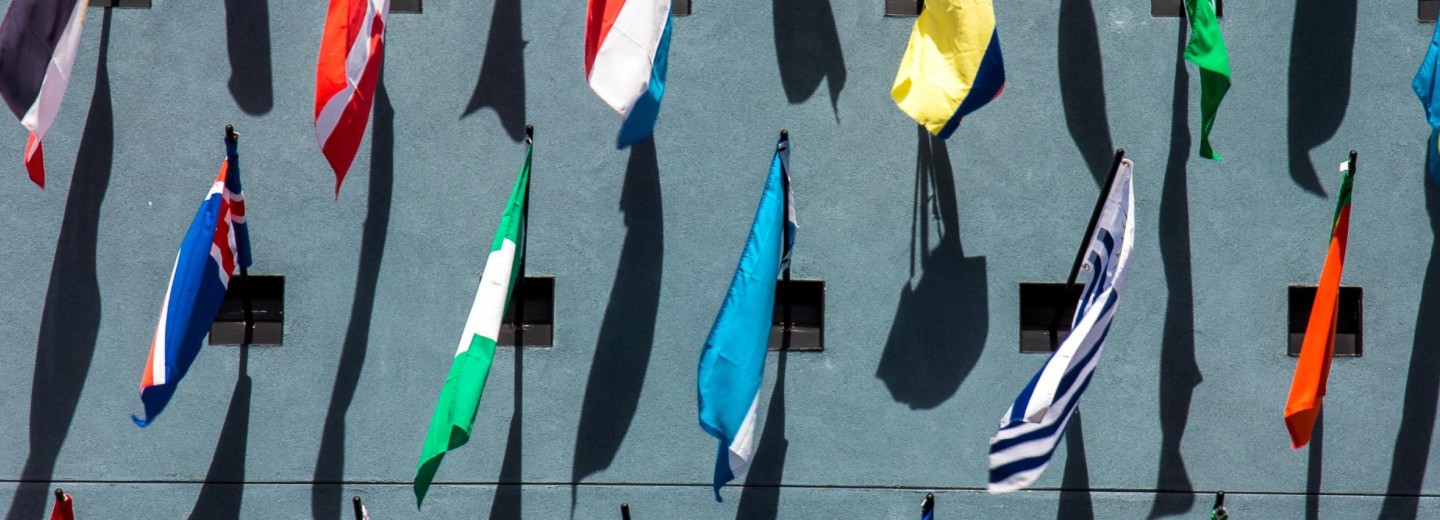National resilience
The only successful way to run a country
Western democracy, believe it or not, is not the only successful way to run a country. A recent study demonstrates that limiting what is ‘correct’ only to what one believes is correct, is not only arrogant but self-defeating. By not accepting that any other system has benefits, ‘missionaries’ for Western-style democracy overlook cultural traits that would be of benefit to those democracies.
I receive newsletters from the Henry Jackson Society (HJS). HJS believes that “modern liberal democracies set an example to which the rest of the world should aspire.”
HJS “supports the maintenance of a strong military by the United Kingdom, the United States, the countries of the European Union and other democratic powers, armed with expeditionary capabilities with a global reach that can protect our homelands from strategic threats, forestall terrorist attacks and prevent genocide or massive ethnic cleansing.”
HJS “Believes that only modern liberal democratic states are truly legitimate.”
You get the general idea? HJS continues the grand tradition of USA’s global democratic liberalism reflected in my posts “The Quiet Americans” and “Modern Missionaries”. For those of you whose culture causes you to think differently from HJS, you are obviously just plain wrong!

National Resilience Index
HJS has recently produced an interesting paper. Its National Resilience Index scores 10 democratic nations (D-10) on how ‘resilient’ they are by using ten components of resilience and scoring these. The results are:
- USA – 100
- Canada – 99.79
- Australia – 96.54
- United Kingdom – 95.57
- Germany – 93.75
- India – 93.11
- France – 87.94
- Japan – 85.70
- South Korea – 82.94
- Italy – 77.56
What is national ‘resilience’?
But what exactly is national ‘resilience’? It is different in each jurisdiction.
Canada, defines resilience as “a process of empowering citizens, responders, organizations, communities, governments, systems and society to share the responsibility to keep hazards from becoming disasters.” Italy and France take a different approach, “seeking to build community resilience by engaging youth in programs to respond to natural disasters and other emergency scenarios”. Resilience in South Korea has focused on an “adaptation process in self-determining national identity, where communities and common bonds are seen as crucial in creating a strong sense of national identity.” And so on.

One simple definition is:” the immediate and pressing ability of a country to respond to a disaster or an emergency.” The report uses these criteria to assess national resilience:

The authors have used several sources to rate these criteria for each country. These include opinion polls, research data, NGO studies, academic papers and several others. HJS has produced an interesting analysis that benefits from the range of data used.
Though the ratings seem subjective, does this matter? Probably not, since ‘resilience’ itself is a subjective concept. For example, the authors cite how the arrival of and reaction to COVID-19 has affected national resilience scores. Had they written their report a year earlier, the scores may well have been different. Yes, it is an interesting study.
Yes, the authors have ‘done a good job’. But what a missed opportunity!
I suppose if, like HJS, you believe that only one definition of democracy is authentic, then you must do all you can to prove that you are right. This is the blind spot of demagogues and missionaries: failure to consider alternatives limits a single vision to the point where it self-destructs. In this case, the authors presumably think it not worthwhile (or even risky) to score ‘undemocratic’ states. What if they were to score better than the ‘democratic’ ones?
One such case is surely China. China is the most resilient state in the world. The Chinese civilisation has survived for at least 10,000 years. No civilisation that has ever existed has done so. It is not an American-style democracy and never has been.
China has survived more than its fair share of floods, earthquakes and famines. It has endured at least five serious revolutions and civil wars leading to major changes of government. It has been attacked and invaded by other countries many times in its long history. The last invasion was just 200 years ago.The nation and its people have endured. China is now a world power again.
Does this mean that the Chinese system is better than a democratic one? Not necessarily. But it is the system that works for China. When it no longer works, China will change it. Western ‘democratic’ countries developed their systems over the last few centuries. Even today, there is no single form of democracy that every country adopts.
No rational person looking at the range of global cultural norms could believe that only one form of government is the right one. Even more astonishing is to try to inflict this on every other global citizen. With national resilience as with so much else, we have much to learn from other ways of doing things. Failure to keep an open mind is not just arrogant: it is plain stupidity.
Worked on the article:

Wanlikhang





